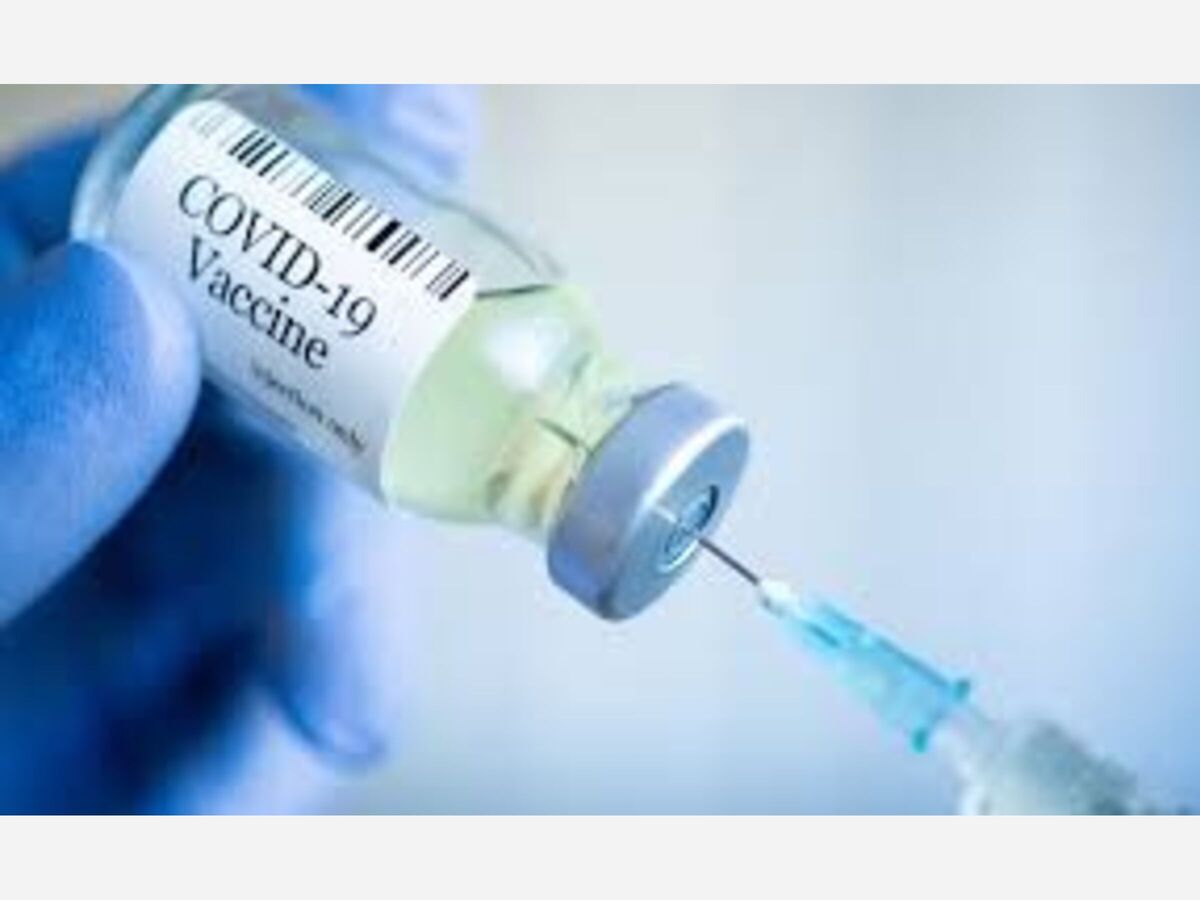Image

In Otero County wheb we think of the painful toll of Covid-19, we often picture urban scenes like in California or New York where there were : lines for tests, overflowing hospitals, refrigerated trucks serving as makeshift morgues lie in El Paso.
Yet, staggering new data shows that the death rate from Covid in rural areas is now double what it is in urban ones. You would think that fact, coupled with medical professionals pleadingwith people in rural America to get vaccinated, would lead more to get their shots. Yet, people in rural states lead the list of those who remain unvaccinated, putting themselves and others at risk.
Instead of blaming them for their vaccine hesitancy, we need to acknowledge that we all share responsibility for the crisis.
It’s enough to make increasingly angry vaccinated people shout: “Why won’t you listen to your doctor?”
To which, I respond: “What if they don’t have one?”
Many in rural America aren’t vaccinated because two pernicious forces — the implosion of the rural health care system and the decay of local news — have left them with limited sources of information. That has allowed them to become prey to misinformation and overconfident quacks.
Instead of blaming them for their vaccine hesitancy, we need to acknowledge that we all share responsibility for the crisis. We all failed to invest in the doctors and nurses who could be trusted sources of accurate information for rural patients. We all failed to provide adequate funding for rural hospitals and local clinics. We all failed to help a rural health system adapt, instead of decay.
This issue is the decline of rural health care.
Why rural hospital closures hit a record high in 2020
About 60 million people — nearly one in five Americans — live in rural areas and depend on their local hospitals for care. Last year, 20 of those hospitals closed, making 2020 a record year for rural hospital closures.
Across the U.S., 136 rural hospitals have closed since 2010, according to the Cecil G. Sheps Center for Health Services Research. Of the states that have seen at least one rural hospital close over the past decade, Texas leads with 21 rural hospital closures. It's followed by Tennessee, which has seen 16 hospitals close.
A variety of issues have put rural hospitals in a fragile position. Low patient volume and heavy reliance on government payers are among the challenges rural healthcare organizations have faced for years. Newer challenges, such as the financial pressures tied to the COVID-19 pandemic, also threaten rural hospitals' ability to maintain access to healthcare services.
The Sheps Center began tracking rural hospital closures in 2005. Since then, 180 hospitals in rural communities have shut down, and the number of closures has steadily increased over the past four years.
Nearly every state had at least one rural hospital at immediate risk of closure before the pandemic, according to a report from the Center for Healthcare Quality and Payment Reform. In 22 states, 25 percent or more of rural hospitals were at immediate risk. The hospitals identified as being at immediate risk of closure had a cumulative negative total margin over the most recent three-year period, and their financial situation has likely deteriorated because of the pandemic.
Before the COVID-19 pandemic, hundreds of rural hospitals "were just trying to keep their doors open," Maggie Elehwany, vice president of government affairs with the National Rural Health Association told NPR last year. "It was devastating" when they lost an estimated 70 percent of their income due to delayed and deferred care.
Several of the 20 rural hospitals that shut down in 2020 faced reimbursement issues and cited dwindling patient volumes as a reason they were forced to close. Unfortunately, the challenges rural hospitals faced in 2020 will likely persist this year.
The COVID-19 pandemic could cause hospitals to lose between $53 billion and $122 billion this year, according to a study from healthcare consulting firm Kaufman Hall commissioned by the American Hospital Association.
Rural hospitals could be offered some relief under the $1.9 trillion COVID-19 package President Joe Biden signed March 11. It provides $8.5 billion for rural healthcare providers.
"The bill's $8.5 billion allocation for rural providers will protect and support care for many of the nation's most vulnerable patients, especially those who live in rural, underserved communities," said Federation of American Hospitals President and CEO Chip Kahn.
Reps. Tom Reed, R-N.Y., and Terri Sewell, D-Ala., also recently introduced the Rural Hospital Support Act, legislation that would make permanent the Medicare-Dependent Hospital program and the enhanced low-volume Medicare adjustment for small rural hospitals. The legislation is supported by the American Hospital Association.
"We applaud you for your leadership in introducing the Rural Hospital Support Act, which will help keep the doors open at rural hospitals and allow them to continue serving their local communities during this time of sustained financial pressure and historic changes in care delivery," the AHA said in a letter of support for the bill.
Do we risk loosing health care locally? No we see constant increasing funds for the local hospital but the further out you go from Alamogordo into Southern New Mexico there is risk. We have the benefit of Federal Agencies and Military here not so much in the oil country or chili country.
What is our local Congressional and Senatorial leadership doing to protect health care in those rural New Mexico areas? We should ask the question….